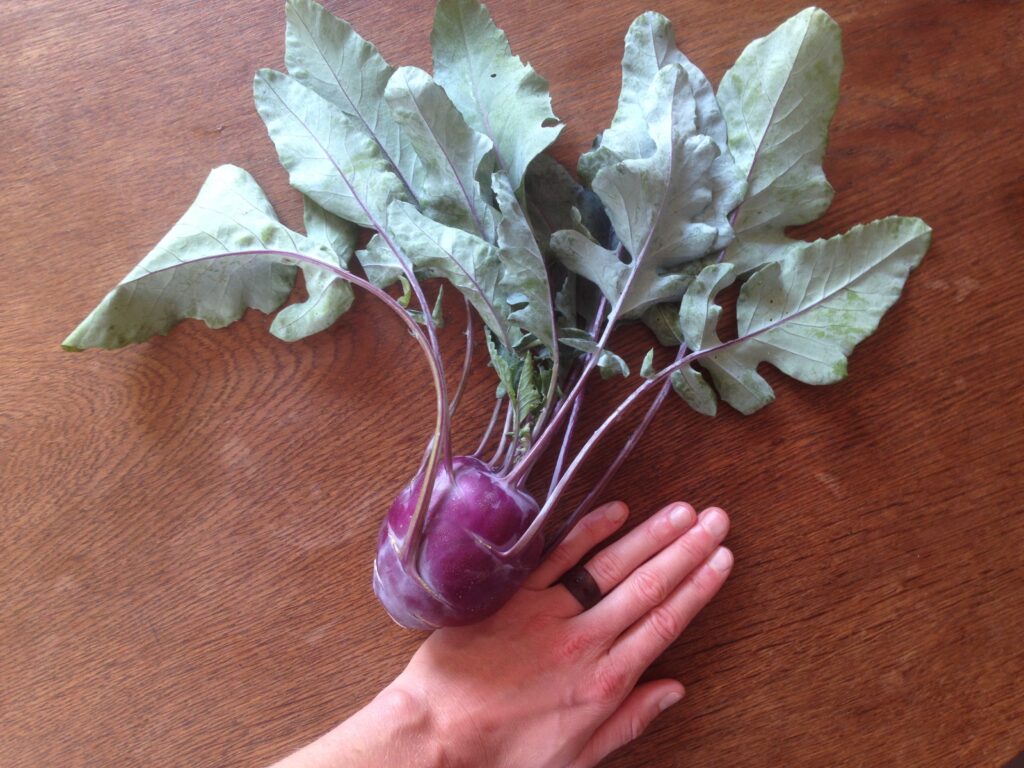For my Master thesis, I had the chance to work on a biodynamic community-supported farm in Patagonia.* It was an educational time and much more could have been shared than found space in my thesis “Farming for Food? – Local ways to enhance global food supply and beyond.” I inquired what challenges and opportunities are related to the farm´s ability to nourish people at and beyond the local level. Further, I looked into what other functions a community-supported farm does fulfill, apart from delivering food. I did not only learn about the power of community and collaboration, but also about leadership. On page 23 I elaborated on the role of the farmer as follows:
“It became clear that the head farmer […] carries the main responsibility when it comes to the accomplishment of the farm work. However, as he stated in our second interview “we as farmers (…) are facilitators (…), our objective is to awaken the intelligence of nature” which still implies a lot of work and dedication. About the term he says:
‘I think the word farmer in English is very appropriate (…). We are not just producers. Our purpose in life isn´t the product (…) we are not just thinking about the money we´re gonna make this year. We are thinking about healing this farm organism, forming and evolving it. Then we are really stewards of the land, farmers, and not just producers’.
Despite the responsibility inherent in the role of the farmer he clarifies that most importantly we need to see the farm organism as a totality with each single part as essential (see also Groh & McFadden, 2000). […] this CSA, like any social organization:
‘is also an organism and every organism has a head, has a heart, and has feet and toes. Somebody might be a toe. But a toe is just as important as an ear or an eye or heart. It completes the organism (…) the important thing is that whenever any organ is out of place or stops to functioning or (…) functions too much then it´s out of balance.’
To keep this balance, it needs some kind of coordination though – which the head is in charge of:
‘The head is able to perceive and coordinate. But the head also needs to be able to delegate because the head cannot act. (…) That´s why it needs hands and toes and arms and legs. But the head that thinks it can walk is dangerous’ (accentuation by author).”
A “head that thinks it can walk is dangerous.” – This taught me an important lesson on leadership. A head is essential, no question about that. Somebody who keeps an overview, provides a structure, keeps a vision alive. However, hands are needed to get stuff done. Feet to walk. A head alone cannot walk. As simple as that.
If we collaborate, and (re-)connect with each other, seeing us as part of an organism – like on a biodynamic farm – will allow us to work differently together. I have only one part of knowledge or a certain skill set. Maybe the one for envisioning. Maybe I´m a good talker; maybe I´m a good walker. In a team, you might be happy to have these differents potentials coming together. Knowing that together we can make big things happen, acknowledging oneself as a part. Intrapersonal competency for interpersonal competency (more on that soon).
What characterizes your team? How do you relate to each other? Are you a healthy organism?
If so – I believe there will be a good harvest.

*Thanks to the opportunities I as a LUMES student got, I applied for and received a Right Livelihood Scholarship, granted by Right Livelihood Laureate 2013 Hans Herren, founder of e.g. Biovision and co-founder of Regeneration International, which developed a “blueprint for an international movement united around a common goal: to reverse global warming and end world hunger by facilitating and accelerating the global transition to regenerative agriculture and land management.”
Weiternutzung als OER ausdrücklich erlaubt: Dieses Werk und dessen Inhalte sind – sofern nicht anders angegeben – lizenziert unter CC BY 4.0. Nennung gemäß TULLU-Regel bitte wie folgt: „On leadership and collaboration – Lessons from a biodynamic community-supported farm„ von Theres Konrad, Lizenz: CC BY 4.0.
